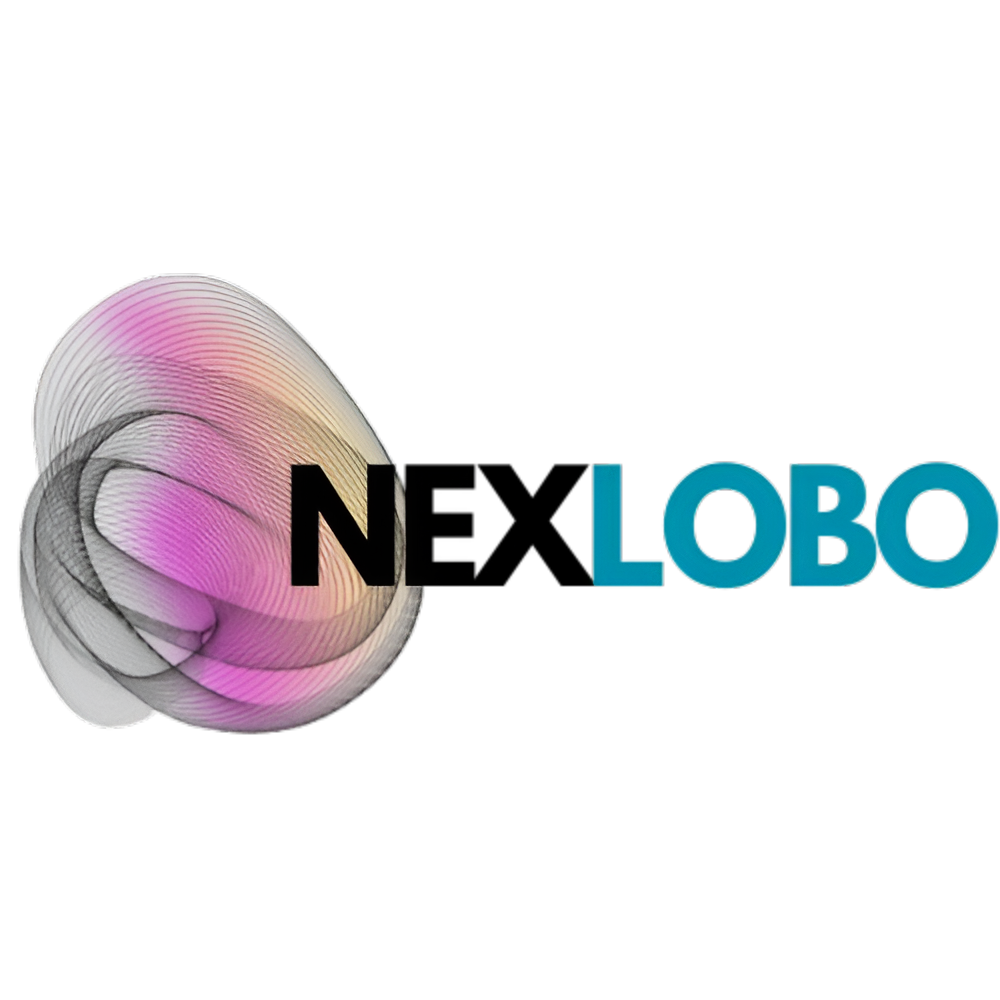Achieve Better Data Privacy in 2025 with AI-Driven Solutions

As someone who’s worked in the cybersecurity industry for over a decade, I’ve witnessed firsthand the challenges businesses and individuals face when it comes to securing sensitive data. A few years ago, I helped a small e-commerce company that had fallen victim to a massive data breach. Sensitive customer information was stolen, and it took weeks to recover. This experience solidified my belief in the importance of better data privacy and the role AI can play in protecting it.
In 2025, AI-powered tools will be pivotal in securing better data privacy. With increasing concerns about data breaches, cyberattacks, and misuse of personal information, adopting AI is more important than ever. The ability of AI to learn and adapt to new threats is exactly what businesses need to ensure better data privacy. If you’re interested in how AI can help your website, check out our article on how to protect your website using cyber-attacks guard tools for more insights.
Why Is Better Data Privacy Important in 2025?
By 2025, data privacy regulations will continue to evolve globally, and data protection will become a bigger concern for both businesses and consumers. As we become more dependent on digital services, securing better data privacy will be critical to maintaining trust and complying with laws like GDPR and CCPA.
During my career, I’ve worked with various companies to help them meet compliance standards. For instance, I helped a financial institution overhaul its data privacy practices, which included using AI to detect unauthorized access to sensitive information. The AI tools we implemented significantly improved their better data privacy measures, and within six months, they saw a dramatic reduction in data breaches.
How to Use AI for Better Data Privacy in Personal Security
As individuals, we often share personal data across different online platforms without fully realizing the extent of exposure. Fortunately, AI has revolutionized personal security, making it easier than ever to achieve better data privacy:
AI-Powered Encryption: One of the most significant ways to ensure better data privacy is through encryption. AI algorithms can improve encryption methods by automatically adapting them to the type of data being protected, ensuring robust security without compromising performance.
Smart Authentication Systems: AI tools can enhance security through biometric authentication, such as facial recognition or fingerprint scanning. These tools continuously learn from users’ behavior patterns, which adds an extra layer of protection and ensures better data privacy.
Personal Data Monitoring: AI tools can monitor where and how your personal data is shared across digital platforms. This proactive approach enables individuals to control and limit their digital footprints, which significantly improves better data privacy.
How to Implement AI for Better Data Privacy in Your Business
For businesses, Data privacy is a matter of not only compliance but also customer trust. Here’s how AI can be integrated into your organization’s security strategy:
AI for Threat Detection: One of the most common ways businesses experience security breaches is through unrecognized threats. AI-powered threat detection tools can continuously monitor systems for unusual behavior and quickly flag any suspicious activity, ensuring better data privacy.
Data Minimization and Anonymization: AI helps businesses identify and anonymize sensitive data, ensuring that only the necessary information is stored. This approach not only reduces the risk of a breach but also improves privacy of Data by limiting exposure.
Real-Time Compliance Monitoring: With data privacy regulations constantly changing, staying compliant can be a challenge. AI-powered tools can help businesses monitor their compliance in real-time, ensuring they remain aligned with regulations like GDPR, which leads to better data privacy practices.
How to Stay Ahead of New Threats for Data Privacy with AI
As we approach 2025, new cyber threats will continue to emerge, making it essential to stay ahead of potential risks. AI-powered tools will play a pivotal role in identifying these emerging threats and providing better data privacy:
AI for Predictive Threat Intelligence: AI can analyze historical data and predict future attack vectors. By identifying patterns in cyberattacks, AI tools can preemptively block threats, ensuring data privacy before a breach occurs.
AI and Blockchain for Data Integrity: The combination of AI and blockchain ensures data privacy by providing an immutable record of transactions and data exchanges. This guarantees that data cannot be tampered with after it has been recorded, further enhancing security.
AI-Driven Incident Response: In the event of a breach, AI tools can automatically respond to mitigate damage. By analyzing the breach in real-time, AI can stop further data exposure and prevent additional attacks, ensuring better data privacy.
How to Optimize Your AI Tools for Data Privacy in the Long Run
Implementing AI for better data privacy is just the beginning. To maintain long-term protection, businesses and individuals must continually optimize their AI tools:
Review Alerts and Logs Regularly: Periodically checking your AI tools’ security logs ensures that nothing slips through the cracks. I advise businesses to review these logs frequently to detect and correct any issues before they escalate.
Update Machine Learning Models: AI tools need to be retrained and updated regularly. Staying on top of new threats and updating your models ensures data privacy as new risks emerge.
Perform Regular Vulnerability Assessments: It’s essential to run periodic security audits to ensure your AI tools are optimized and secure. This will help to maintain better data privacy and keep up with the latest threats.
How to Integrate AI for Better Data Privacy Across Devices
In 2025, as IoT (Internet of Things) devices become increasingly common, securing data across all devices will be paramount for better data privacy. Here’s how AI will help:
AI-Powered Privacy Regulations: As AI advances, it will play a pivotal role in automating and enforcing privacy regulations. Data privacy will become easier to maintain as AI handles compliance checks in real-time.
Advanced AI for Behavioral Privacy Protection: AI will continue to evolve, becoming better at detecting and preventing potential risks by analyzing user behavior. This proactive approach will significantly enhance better data privacy for both individuals and organizations.
Seamless Integration with IoT: As the Internet of Things (IoT) expands, AI will integrate across devices to monitor and secure sensitive data. This synergy will ensure better data privacy across all connected devices.
Conclusion
As we approach 2025, data privacy will be more crucial than ever. With AI-driven tools offering smarter encryption, better monitoring, and more proactive defense mechanisms, achieving better data privacy has never been more attainable. Whether you’re an individual looking to protect your personal data or a business ensuring customer privacy, AI will play a key role in enhancing your data privacy strategy.
For more insights into how AI can help your organization, check out our article on how to train AI models for identifying phishing attacks in emails.
Call to Action:
Are you ready to secure your data in 2025? Explore the best AI-driven tools for better data privacy today and contact us for personalized recommendations and a demo.





Leave a Reply